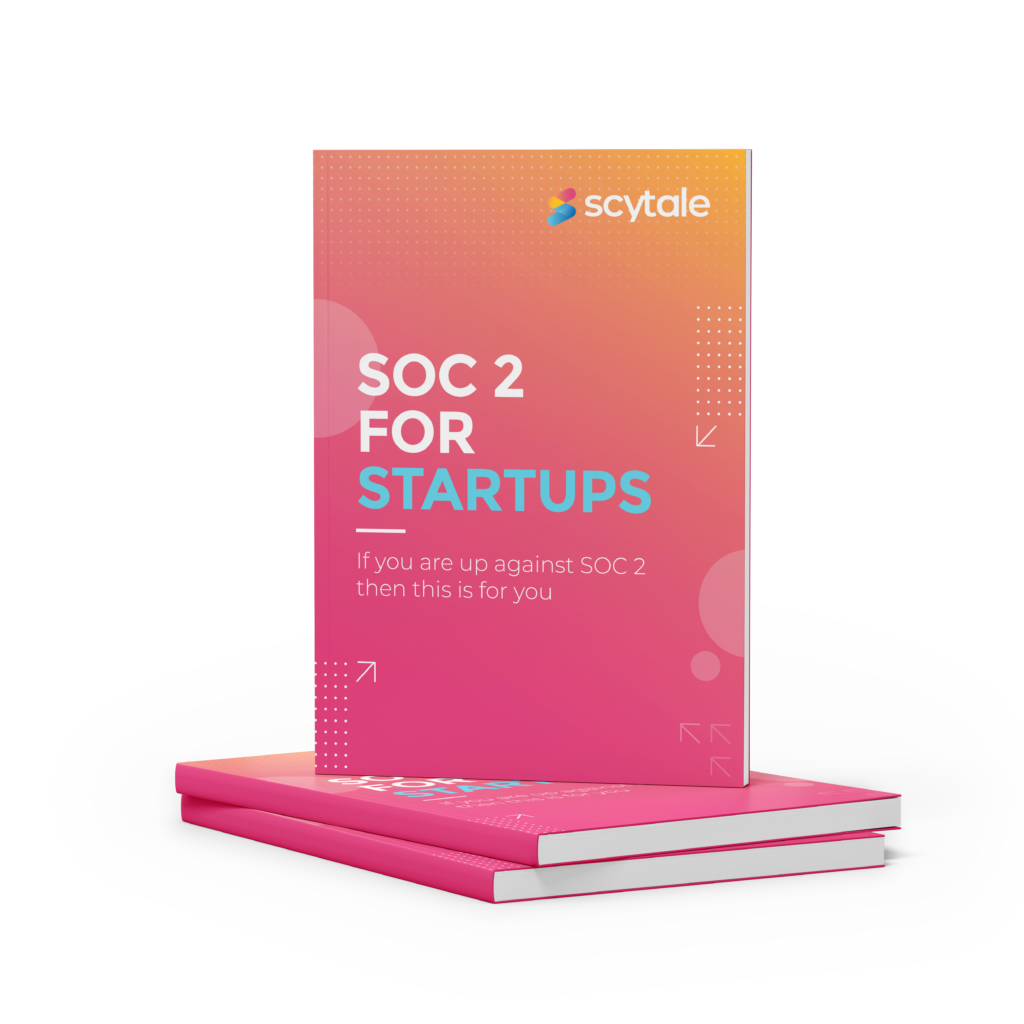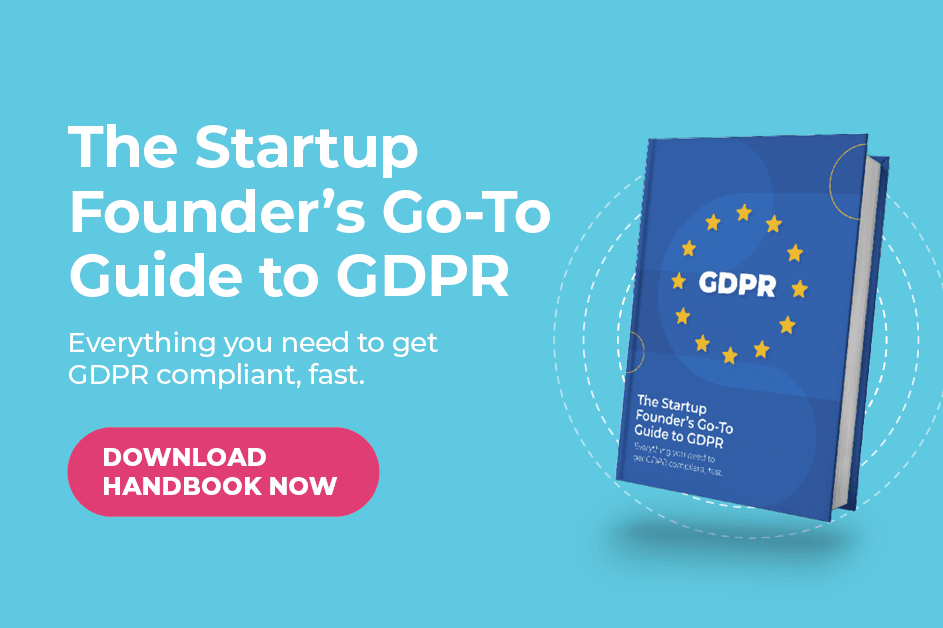SaaS Compliance Management
When we talk about Software as a Service (SaaS) compliance, we talking about the entire set of SaaS regulatory compliance standards (such as HIPAA and GDPR), as well as industry security frameworks (such as ISO 27001 and SOC 2) that SaaS companies are required to adhere to, in order to ensure information security to their customers. These companies come into contact with lots of sensitive data in one way or another and so, data security compliance has pretty much become a must in this digital and tech day and age.
These security compliance requirements are set out as per differences in relevant locations, industry variations, customer demands, as well as market requirements. The key objective here however remains the same and that is, protecting the confidentiality, integrity, and availability of any type of data these companies process, store, manage and transfer. Some companies will only need to be compliant in one security framework or regulation and others will need to undergo more than one, depending on specific factors, such as the ones already listed above.
When we talk about SaaS compliance management specifically, we referring to how these SaaS companies manage all their security compliance efforts, including audit-readiness processes and continuous management. This could include leveraging relevant SaaS compliance solutions out there, including compliance management platforms or compliance automation software, in order to streamline efforts that used to manual, as well as efficiently manage the status of all needed action items, due dates, employee responsibilities and more.
A careful compliance strategy is non-negotiable for SaaS businesses. That’s true for giant multinational corporations. And it may be even more critical for smaller businesses. Unlike large, established firms, SaaS startups can’t always absorb the reputational risk of data breaches or legal trouble that lax compliance policies often lead to.
However, successful compliance management doesn’t just happen. It takes care and attention. Good SaaS compliance management means carefully assessing your company’s strategic goals and developing an integrated set of compliance policies to help ensure you meet those goals.
That may sound daunting, but with the right compliance automation technology and support, meeting even the most rigorous compliance targets is much simpler and more cost-effective.
Here are some of the most important compliance management concerns every SaaS business needs to carefully consider.
ISO 27001 or SOC 2?
Let’s start at a high level. How can SaaS companies implement robust and comprehensive data security controls? And how can you demonstrate your commitment to information security, gaining a crucial competitive advantage? For most businesses the answer is obvious. Implementing a renowned and globally-recognized standard like SOC 2 or ISO 27001 is the most effective way to demonstrate that your business meets the highest levels of data security. But how do you decide which standard is most appropriate for your organization? One simple answer is that SOC 2 tends to be preferred in US markets while ISO 27001 is often demanded by European customers. But there’s more to the decision than just geography, and in many cases, you may even decide to implement both standards.
Another key difference between SOC 2 compliance and ISO 27001 compliance is the fact that ISO 27001 is a certification, while SOC 2 is an attestation report. What is an attestation report? Well, the auditor gives his ‘opinion’ on whether or not the company at hand meets the control requirements of SOC 2’s Trust Service Criteria.
Be sure to check out our guide to ISO 27001 vs SOC 2 compliance to help you make a more informed decision.
What are the Compliance Concerns for SaaS Companies?
Reputational Damage
This is not directly a compliance issue, but rather a major reason to get your compliance efforts in order. Even major businesses struggle with the brand damage of a security leak. For SaaS startups, bad security could ruin a business before it even gets a chance to build its reputation.
GDPR and Global Data Protection Regulations
Data protection regulations, such as GDPR in the EU, and specialized local rules, such as the California Consumer Privacy Act, mean that data security isn’t just a good business decision, it’s a legal requirement.
As more countries adopt stringent data privacy rules, you need to ensure you have the systems and technology to meet those standards and to be able to efficiently update your processes as the regulations change.
Data Security
For SaaS companies, data security is the fundamental compliance issue. (There’s a reason security is a non-negotiable component of SOC 2.)
Obviously, data security is primarily about developing robust controls to prevent data breaches in the first place. But a comprehensive data security strategy also plans for the unforeseen. Do you have a contingency plan in place to investigate breaches? And are you constantly learning from attempts to compromise your network security? Do you have technology that automatically records and collates efforts to breach your systems?
Access Management
Now let’s dig into the specifics. What does data security actually look like? Access management is one of the truly basic components of information security – and one you absolutely have to get right.
Cloud storage is convenient and flexible, but there’s also an obvious potential vulnerability. You need to absolutely assure SaaS users that they can access their account relatively quickly and easily – but that sufficient controls are in place to prevent unauthorized access. Finding that balance between watertight security and convenience is at the heart of any thoughtful InfoSec strategy.
Third-Party Risk Control
SaaS companies rely on SaaS companies. Just like you hope to become an integral part of your customers’ tech stack, you likely rely on a number of third party services within your organization. However, a compliance value chain is only as strong as its weakest link.
That’s why you need to vet all partner systems and technology thoroughly to ensure they do not compromise your system. No less importantly, you need a mechanism to ensure there’s no unauthorized use of third party services and software within your organization.
Who is Leading Your Compliance Efforts?
Compliance cannot be an afterthought. The stakes are simply too high. And that means you need dedicated resources. You also need to have the appropriate senior managers or project managers driving your compliance efforts and monitoring ongoing compliance.
Fortunately, many of the manual processes involved in continually assessing compliance can now be automated. That means keystaff can stay on top of the company’s compliance and maintain business as usual without having to devote too much time and effort to the process.
Do You Have a Compliance Roadmap?
A business may be fully committed to meeting compliance demands, but do you have a coherent and comprehensive set of internal policies and best practices to guide the process? If everything is ad hoc and improvised, you risk overlooking important elements of compliance, or duplicating effort within the organization, or simply failing to align everyone’s goals. Ultimately, that’s a recipe for failure. Every SaaS business will benefit from developing and implementing a set of inhouse compliance policies and procedures that reflect the company’s values and help achieve long-term strategic goals.
What’s Your Privacy Policy?
Just as an inhouse privacy policy is important, there’s great value in developing a comprehensive privacy policy that communicates precisely how you will manage customer data. A privacy policy isn’t only an important part of complying with rules but it also makes good business sense, setting up clear expectations for users and partners alike.
Are You Using the Appropriate Compliance Technology?
Compliance automation is a game changer. Many of the tedious, time-consuming and costly manual processes involved in meeting compliance goals can now be automated. That means compliance is now faster, simpler and more affordable. And no less importantly, automation reduces the chance of human error. So if you’re not using compliance technology, you’re wasting time, wasting money and risking serious errors in the process.
GET COMPLIANT 90% FASTER WITH AUTOMATION
Ticking All the Boxes
Whatever compliance standard you ultimately choose, you need to take a careful, methodical approach ensuring your implementation meets your compliance goals. Before undergoing an audit, consult a comprehensive SaaS audit checklist and ensure you’ve ticked all the boxes. Otherwise you risk investing time and money into an incomplete process.
As compliance experts, with experience implementing the most rigorous data security protocols, Scytale appreciates that there is no one-size-fits-all compliance solution. Every SaaS business has its own priorities, goals and functions. Our powerful compliance technology means every SaaS business can now enjoy a flexible, customized and secure compliance solution, customized to meet your organization’s needs.











